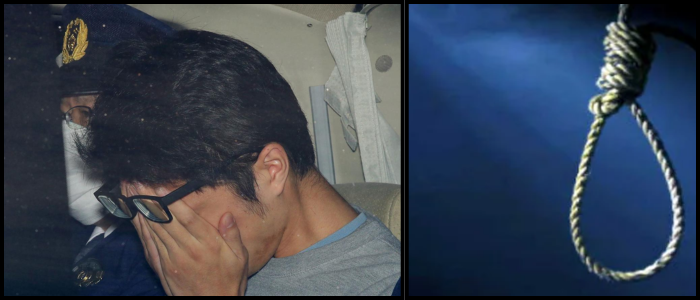Shiraishi, who was sentenced to death in 2020, lured his victims through social media. The victims -eight women and one man – were contacted via Twitter and subsequently killed in his apartment in Zama City, in Kanagawa, near the Japanese capital of Tokyo. He strangled and dismembered all nine victims, earning his nickname and terrifying exposure throughout Japan.
First Execution Under New Government
This execution is Japan's first death sentence carried out since July 2022, when a man was hanged for a stabbing rampage in Tokyo's Akihabara district in 2008. It is also the first time a capital punishment has been conducted since the administration of Prime Minister Shigeru Ishiba took office in October.
Suzuki objected to a change in the death penalty, saying Japan should not give serious thought to abolishing it while heinous crimes persist, according to Justice Minister Suzuki public support has traditionally been strong for imposing the death penalty on criminals who have committed heinous acts, such as child rape or paedophilia Justice Minister Suzuki: "I believe that we should not hold discussions on the death penalty while there are still cruel crimes or cases with multiple victims being committed,". He said that there are currently 105 inmates on death row in the country. In Japan, hangings are the method of execution and prisoners are usually given only a few hour's notice of their impending execution.
Continued Debate on Capital Punishment
The case has reignited debate about Japan's justice system and capital punishment. Critics, including human rights groups, have deplored the psychological toll of being informed of an execution at the last minute. The issue returned to the spotlight in September of the prior year when Iwao Hakamada, who had been imprisoned for the longest ever time on death row, was acquitted after almost 60 years locked up over a miscarriage of justice.
Despite strong misgivings, Japanese officials argue that the death penalty is a necessary deterrent to heinous crimes, particularly when public safety and the needs of victims require justice to be served.
World

Japan Executes 'Twitter Killer' Takahiro Shiraishi

Japan has executed the "Twitter killer," Takahiro Shiraishi, who killed nine people in 2017. It is the first time that the country has used the death penalty in almost three years. Shiraishi's hanging came on the orders of Justice Minister Keisuke Suzuki, who said late Friday the crimes deserved the penalty, condemning them as "extremely selfish" and that they had caused "great shock and anxiety" to society.















